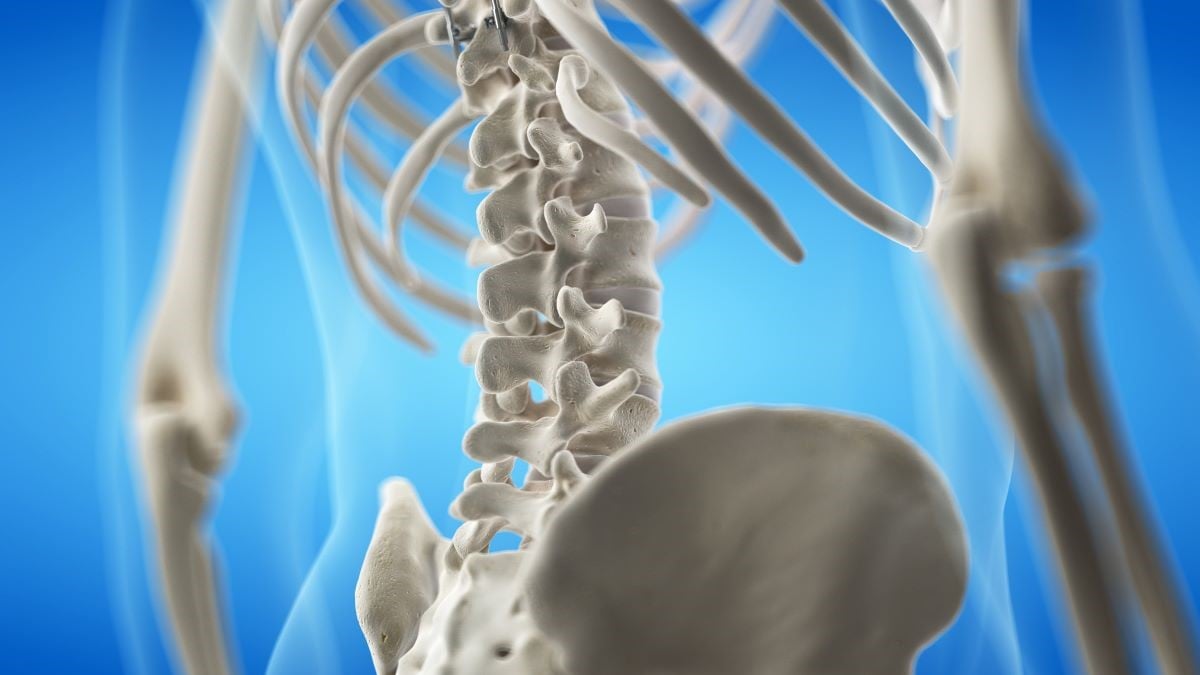T2DM was an independent risk factor for SDD in logistic regression analysis; no causal relationship seen in MR analyses
By Elana Gotkine HealthDay Reporter
TUESDAY, July 23, 2024 (HealthDay News) — The association between type 2 diabetes mellitus (T2DM) and spinal degenerative disorders (SDDs) may be method-dependent, according to a study published online July 3 in The Journal of Bone & Joint Surgery.
Ming-Xiang Zou, M.D., Ph.D., from the University of South China in Hengyang, and colleagues examined and compared the association between T2DM and SDD using observational studies and Mendelian randomization (MR) analyses. Data for the observational analyses included 44,972 participants with T2DM and 403,095 without T2DM in cross-sectional studies; 38,234 participants with SDD and 409,833 participants without SDD in case-control studies; and 35,550 participants with T2DM and 392,046 without T2DM in prospective studies. The associations between single-nucleotide polymorphisms with SDD susceptibility obtained using participant data from 407,938 participants in the U.K. Biobank and 227,388 participants from the FinnGen Consortium were included in MR analyses; genetic predisposition to T2DM was obtained from a pooled genome-wide association study involving 1,407,282 individuals.
The researchers found that SDD was more likely among participants with T2DM. In logistic regression analysis, T2DM was an independent risk factor for SDD, which was confirmed by the results from the Cox proportional hazard model. The MR analyses demonstrated no causal relationship between T2DM and SDD using single-nucleotide polymorphisms as instruments. In the sensitivity analysis, the lack of such an association was robust and no pleiotropy was seen.
“Researchers and clinicians should be cautious in interpreting the association, especially the causal association, between T2DM and SDD,” the authors write.
Copyright © 2024 HealthDay. All rights reserved.








